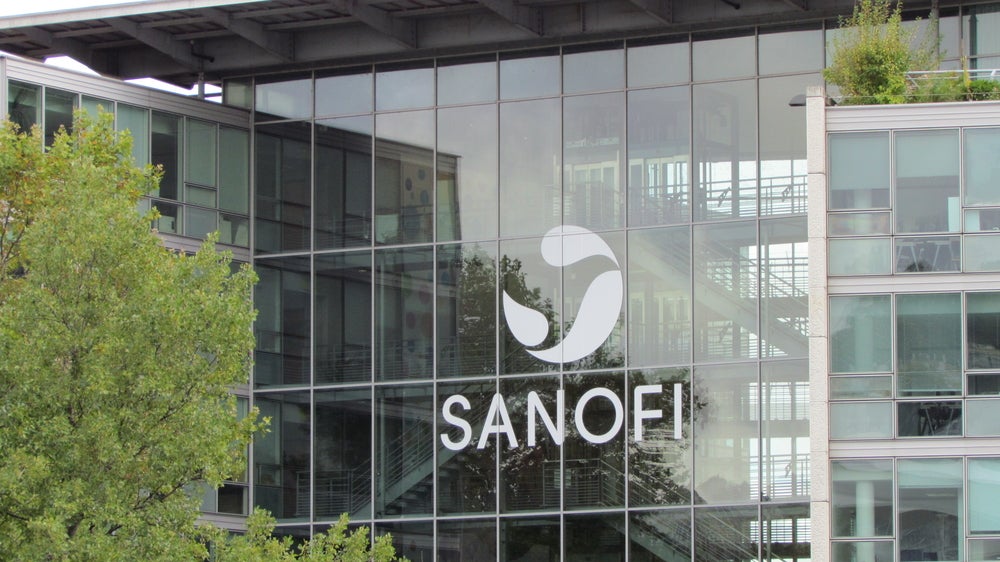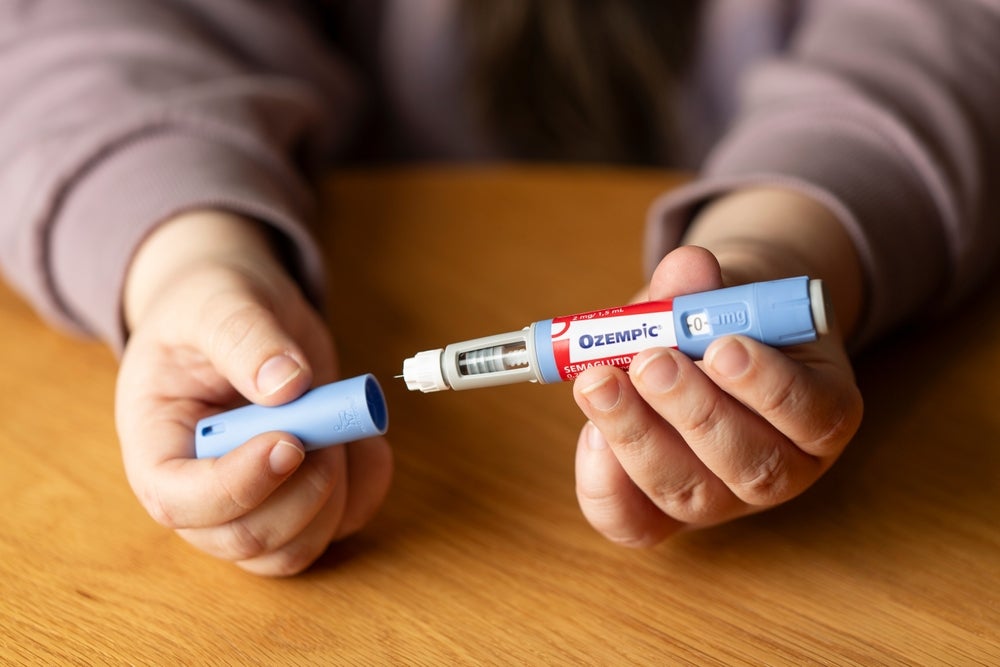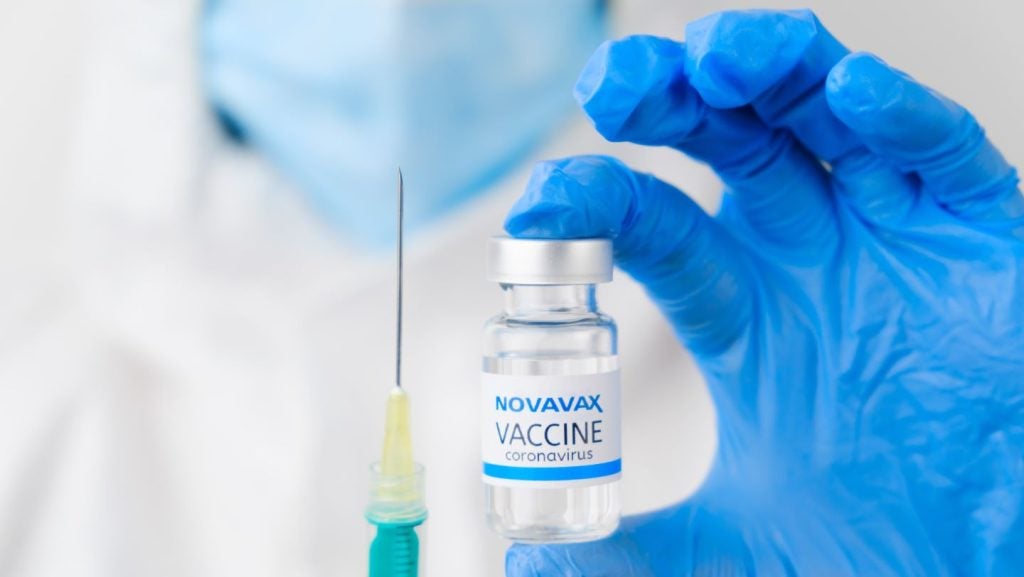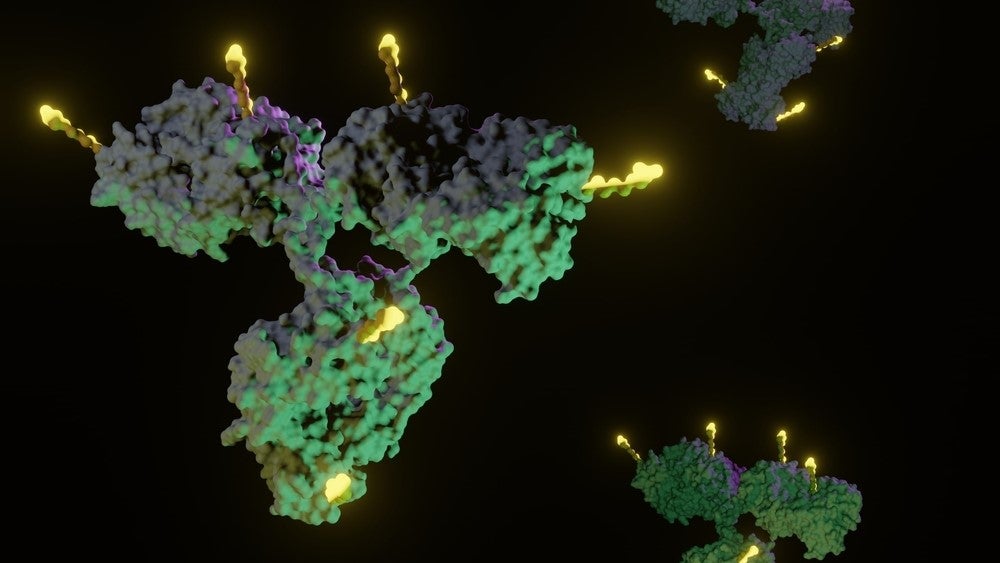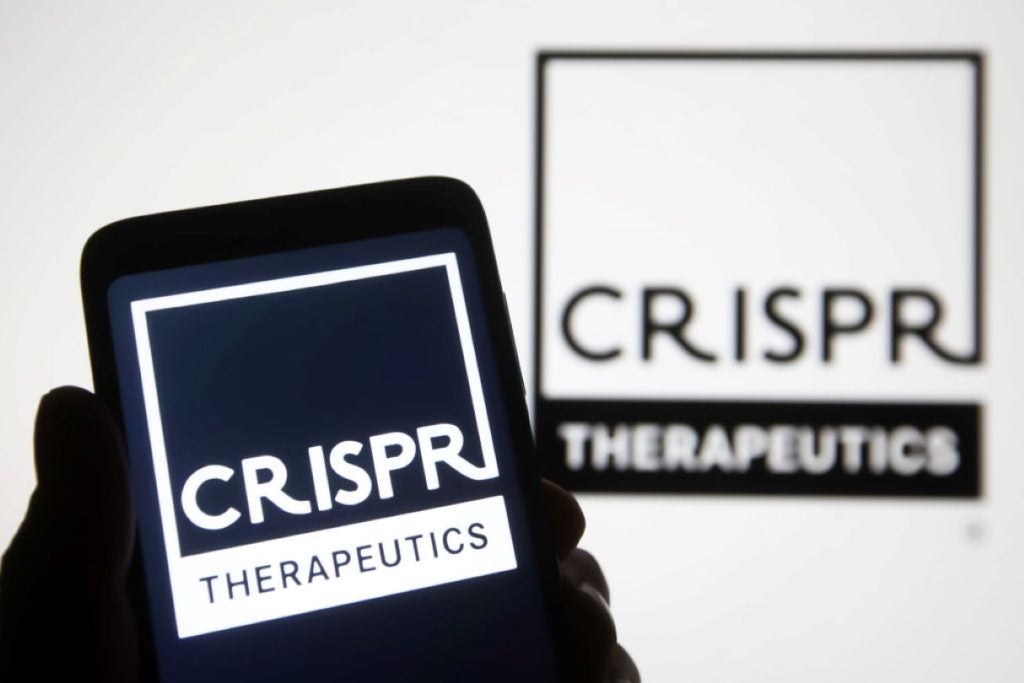Sanofi has entered a multi-year research collaboration deal with French pharmatech Aqemia to develop small molecule drug candidates for several different undisclosed therapeutic areas.
Aqemia will design the drug molecules using its artificial intelligence (AI) platform, using physics-based calculations that generate data to accelerate drug discovery. Sanofi will take hold of wet lab research, development, and commercialisation. Under the terms of the agreement, Aqemia will receive up to $140m in upfront payments and the completion of research and development milestones.
The deal builds on Aqemia’s business in France, after entering a collaboration deal with French drug maker Servier back in 2021 to advance an undruggable therapeutic target in immuno-oncology. Aqemia and Servier announced the extension of the collaboration in January 2023.
In the announcement accompanying the deal, Aqemia CEO and co-founder Maximilien Levesque said, “This whole new step is about scaling our respective expertise to multiple projects and supporting Sanofi in discovering novel chemical matter at scale with our unique technology - including on difficult projects with limited chemical data upfront and hard issues like selectivity.”
Last year, Sanofi partnered with Exscientia to develop up to 15 small molecule drugs across immunology and oncology, utilising Exscientia’s AI and machine learning platform that uses real patient samples to identify drug targets.
A report on GlobalData’s Pharma Intelligence Center predicts that AI is expected to have a major impact across the pharmaceutical industry over the next ten years, with Exscientia leading the way in AI drug development.
GlobalData is the parent company of Pharmaceutical Technology.
Sanofi also has several small molecule drugs in development, including rilzabrutinib (PRN-1008), which is indicated for autoimmune diseases including asthma, atopic dermatitis, and autoimmune haemolytic anaemia. The drug candidate, which targets Bruton’s tyrosine kinase (BTK) enzyme, is currently being investigated in seven clinical trials. According to GlobalData’s Expiry Model, the US revenue for rilzabrutinib is forecast to reach $148m by 2034.


